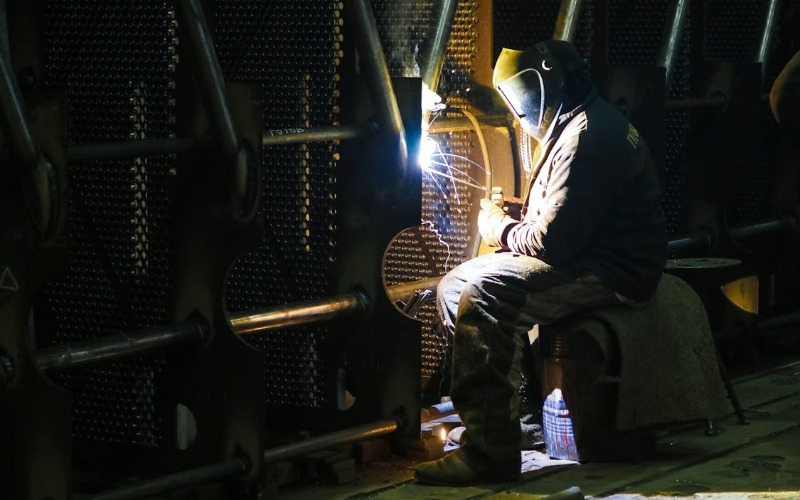When the opportunity to lead ViaPath Technologies crossed my path, I was immediately interested because the role bridged my professional experience and personal passion.
Professionally, everything I do is around executing a meaningful mission. ViaPath offered that opportunity. In addition, on the personal side, when my nephew fell victim to the opioid epidemic and was incarcerated due to his drug issues, I learned firsthand how vital connections are for successful reentry after release. Now, it’s our mission at ViaPath to use technology to support rehabilitation and create opportunities for success.
For many years, the corrections community, including the U.S. Department of Justice, has recognized that the most effective way to support reentry and reduce recidivism for justice-impacted people is a holistic method that integrates healthcare, education, and communication to look beyond the correctional facility walls.
However, putting these principles into practice continues to pose a challenge. Technology offers an innovative solution that allows correctional facilities to transform old, disconnected models and adopt this integrated, supportive, results-driven approach at scale.
From phones to tablets to virtual reality and AI, ViaPath’s products are engineered to foster productive, meaningful connections for all of our stakeholders—corrections staff, incarcerated individuals, and their friends and family members.
For correctional staff and facilities, the connections our technology provides increased security, transparency, accountability, compliance, and process efficiency all around which means they can keep costs down and keep staff safe. Innovations like our state-of-the-art Intelligence Solutions use AI to pull data from disparate sources and analyze it, revealing illicit activity, exposing suspicious patterns, and discovering hidden networks.
Combined with a depth of expertise in corrections and law enforcement investigative practices, we’ve helped stop more than 25, 000 incidents in the past several years, from human trafficking to drug networks.
For incarcerated individuals, technology offers a real-time lifeline to family, friends, and the community through video, audio, e-cards, and short-form texts. We’ve introduced game-changing wireless devices to connect them with more opportunities for communication and entertainment and critical supports that will set them up for success when released, like healthcare, mental health support, and second-chance employment.
We are also constantly pushing to innovate new ways to expand education opportunities in correctional facilities through technology. Research shows that incarcerated individuals who participated in correctional education programs had 43% lower odds of recidivating than those who did not and the odds of obtaining employment post-release were 13% higher than those who had not participated.
Through our tablets, ViaPath has provided more than 25 million hours and counting of e-learning courses to incarcerated individuals during and up to a year after release. These range from life skills training like anger management, parenting skills, substance use management, and financial literacy to basic and vocational education like high school diplomas, automotive technology, and culinary arts.
Our courses integrate new tools like virtual reality for kinesthetic, hands-on training for learners with tangible, real-world applications in employment settings like electricians and plumbers.
For our third stakeholder – friends and families – consistent and accessible opportunities for connection to their incarcerated loved ones allow them to remain in each other’s lives, take part in important milestones, and maintain the sense of belonging needed to break cycles of incarceration in justice-impacted communities for generations to come.
Using technology, we can provide access to an ecosystem of comprehensive support that sets justice-impacted people on a path toward a brighter future. Looking forward, I’m excited to expand these connections through future technological advances – and advance ViaPath’s mission to reduce recidivism and prioritize safety, security, cost-efficiency, accountability, and opportunity for all our stakeholders.











